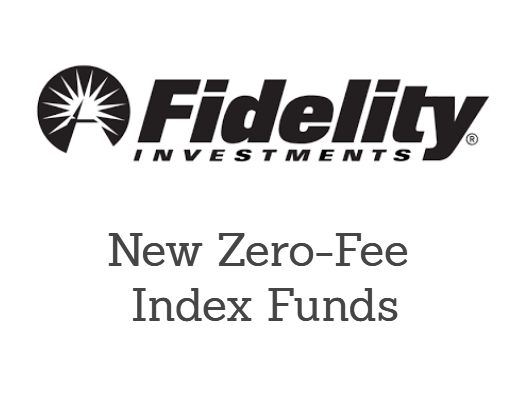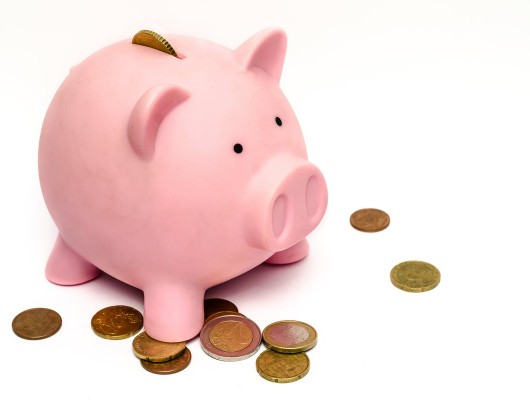
Shares of the iconic American conglomerate Berkshire-Hathaway (BRK.B) have been going slowly in reverse in recent months. Shares which had peaked at 153 last winter find themselves back down sharply to 129 in current trading.
Berkshire, as the country’s largest conglomerate and fifth biggest company by market cap, is one of America’s most important institutions. But despite the company’s profound profitability, more and more negative pundits have been coming out of the woodwork regarding the stock.
The negative analysis makes a few main repeating points. The first is the most obvious, though it’s clearly a valid concern. At age 85, Berkshire’s heart and soul, famed billionaire Warren Buffett, is no youngster.
Using one of the company’s own insurance actuary tables, you’d find it rather unlikely that Buffett will live more than 5 or 10 years on from today. When he passes, there will be great uncertainty. Bufett’s right-hand man, Charlie Munger, is now 91 years old. Succession is a valid and pressing question.
Berkshire has long declined to pay a dividend, telling investors that Buffett and Munger can be trusted to reinvest the company’s profits with skill. And for decades that has been true. But the skeptics say this great track record will no longer matter once the company’s management can no longer hold down the fort.
The most likely outcome in a post-Buffett world leads into main bearish argument #2. That is, that rising government regulation will cause the company headaches. As the company grows more and more, it becomes an increasingly juicy target for regulators.
And no, we’re not just referring to the company’s heavy investment in old-school fossil fuel based power generation industry that comes under more and more environmental fire.
The company faces a bigger regulatory hassle; that it is now so large that it may be a systemically important institution that should be broken up or at minimum deal with more anti-monopoly controls.
Berkshire has its fingers in a million pies, with substantial holdings in the US’ railroads, power utilities, banking system, energy pipelines, soft drink industry, and insurance industry, to name a small portion of its holdings. The company has numerous opportunities to use its power to bend the rules.
So far it appears the company has gotten a free pass since Mr. Buffett is held in such high regard in the public opinion. Whether his successor will get that is unclear.
So, the men who made Berkshire great are already near the point where they can no longer carry on running things. And after they go, it wouldn’t be surprising to see the company face more regulation or get broken up entirely. So what’s the bull case?
Good question. The answer is simple. The company is now trading at just a hair over 1.2x its book value. This means that for every buck twenty you invest in the company, you get a dollar’s worth of assets.
For a company that has spent decades acquiring impossible to imitate assets across a broad spectrum of vital industries, that’s not a bad deal. The US market trades at a significantly higher price to book value ratio.
And it gets better. Due to the way accounting rules work for subsidiaries, Berkshire’s book value is in fact dramatically understated.
Consider the company’s famous GEICO insurance division for example. The company paid only a couple billion for GEICO decades ago, and it is still marked at that value on its balance sheet. The market value for GEICO, were it to be sold today, is likely in the range of $20 to $30 billion, meaning that Berkshire would garner $15 to $25 billion more from the sale than GEICO is valued at on book.
Multiply this across various Berkshire business including the BNSF railroad they took private and Berkshire Hathaway Energy and you find that the company’s book value is conservatively underestimated by $50 billion.
Should regulators win, so to speak, and force Berkshire to spin off its various business, investors in the company would get a windfall. As each company like GEICO and BNSF got valued by the market at premiums to book value, the value of Berkshire equity would rise and rise.
By buying Berkshire at the current price, you’re likely buying a dollar of assets at only 80 cents in reality. And as a kicker, Buffett has said he’ll buy back shares of Berkshire at the 1.2 price/book ratio. That should provide a solid floor for shares.
In this volatile market, a solid conglomerate like Berkshire sold at a fair price could be exactly the right type of shelter for the storm.


